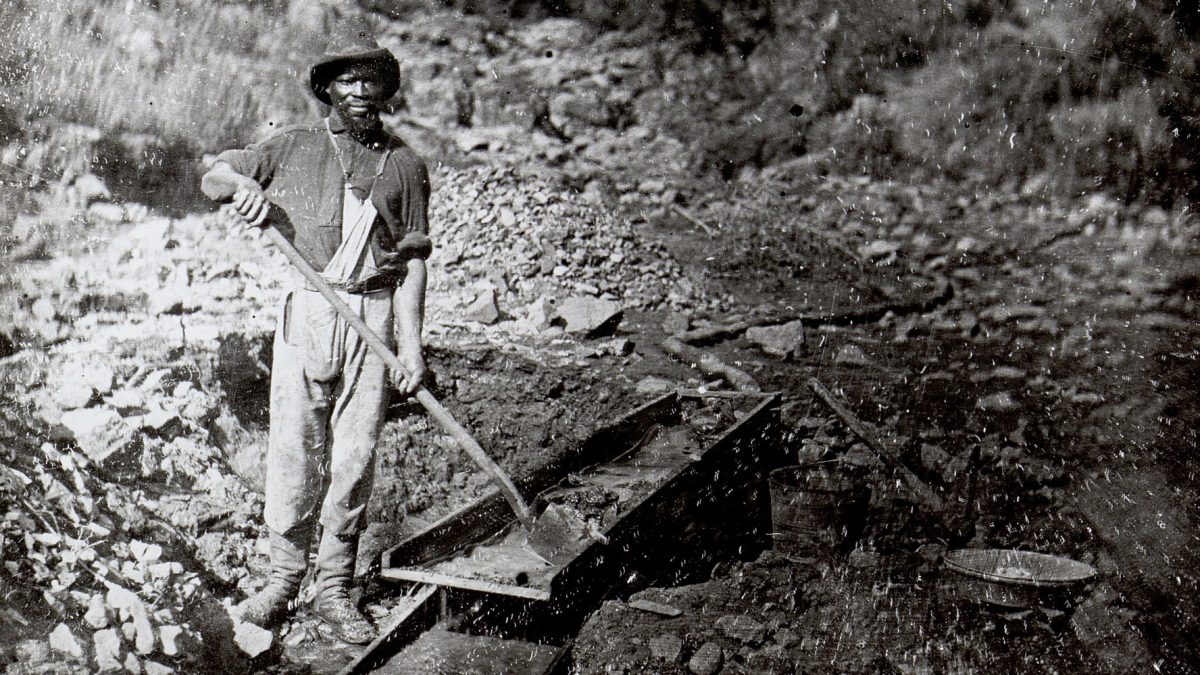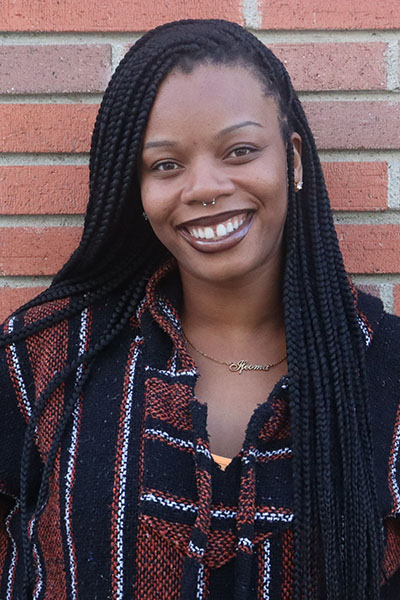The departments of Black/Africana Studies, Philosophy and History including Falcon Rising hosted a discussion on slavery existing in California on April 9th at 11 a.m. via Zoom.
The event started with the introduction of professor and author Jean Pfaelzer who lead the discussion centering around her book California: A Slave State.
Pfaelzer shared the story of California and its forgotten or rather hidden slavery history.
In her argument within her book and this discussion she states that California was not and was never a free state continuing their slavery through human trafficking.
As far back as the 1850s , Pfaelzer states how California was deemed a free state however was brought into the union open for slavery to be interpreted by those who were able to make the laws.
“California holds a constitution and in it California writes… slavery will never be tolerated in California but this was an out…because tolerate is not a legal standard” she said.
Pfaelzer mentions how during the California gold rush over 2,000 slaves were brought into California to mine gold for their masters, marching over 3,000 miles from the South all the way to the West.
The discussion takes a look into the Fugitive Slave Law that was passed in the United States claiming that slaves who were brought into the “free state” by their owners had no right to freedom and were legally property still.
Which meant California was now a bounty hunting state targeting the capturing, selling and seizing of former slaves.
“What I had to understand was,” Pfaelzer said “if you were enslaved, you were not allowed to testify in court, you couldn’t present your freedom paper and you would be seized.”
Connecting the slavery of the south into the west Pfaelzer draws in similarity of the enslavement of Native Americans being legally accepted through the same loophole used with the southern slaves.
She says that the 1850 act for the protection and government of the Indians [Native Americans] legalizes the forced kidnap, sale and forced indenture of California Native Americans.
Pfaelzer explains to the audience how the 21 California missions were all “sites of captivity for the Native Americans across the coastal chain of California.”
The discussion moves to the present day where slavery is still alive and functioning in California being one of the top breeding grounds for human trafficking, running rampant in Northern California.
Pfaelzer states that the growing and cultivation of marijuana in California is widely supported through human trafficking.
In an article written by the The Guardian in July of 2023 at least five dozen people, including men, women and one child, were found at an illegal processing site living in “inhumane conditions.”
Pfaelzer wrapped up the discussion by reinstating her stance she places in her book and informs the audience exactly what officials are doing to combat this issue.
The discussion concluded at 12:15 p.m. after the questionnaire portion allowing the audience to ask any posing questions to Pfaelzer ended.
















